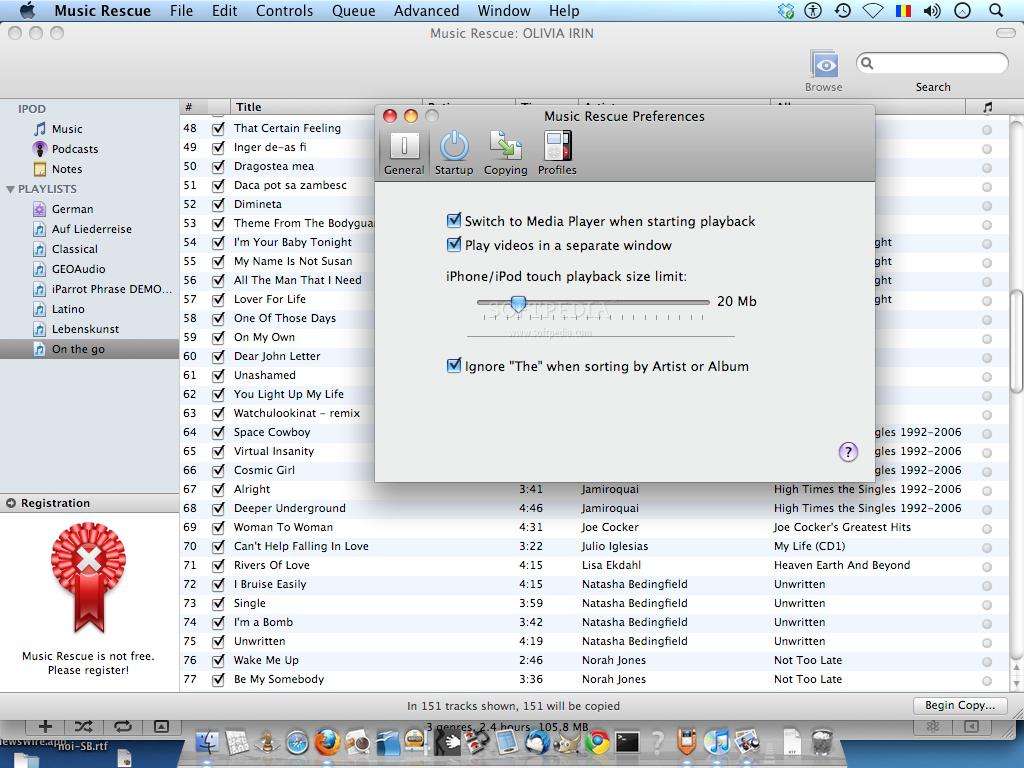
And that's because northern Syria, near the cities of Aleppo and Idlib, you know, that were hit hard by this quake, were already under the stress of war and refugees. SCHMITZ: Yeah, for how dire it is here in Turkey, it's worse in Syria. I mean, do they have any of what they need to deal with this natural disaster? But across the border in Syria, the situation is in some ways even worse.įADEL: Yeah, I mean, this is a place where millions of people are already displaced and receiving humanitarian aid because of the ongoing civil war in Syria, a place where infrastructure was already damaged by bombings - and now this. There are many people sleeping in cars, even trains. And even for those whose homes are still standing, they don't want to go back because there have been hundreds of aftershocks, some of them big enough to topple more buildings.

At least 6,000 buildings in Turkey collapsed. Turkey's emergency management agency says nearly 400,000 people have taken refuge in government shelters or hotels. SCHMITZ: Yeah, and you mentioned that there are millions more in northern Syria, and that's a region that's already been devastated by a civil war, refugee crisis and where most rescue teams can't even access. Turkey says more than 13.5 million people affected by the quake, and that doesn't include the millions more in Syria. And he promised his citizens that his government is making all the measures it can to rescue those who've survived.įADEL: I mean, the scale of this is hard to wrap your head around. SCHMITZ: He's saying here that he prays to God for mercy for the citizens who've lost their lives, that he's declaring a national mourning period for the next week. PRESIDENT RECEP TAYYIP ERDOGAN: (Speaking Turkish). He addressed the nation, and here's what he said. Yesterday, Turkish President Recep Tayyip Erdogan declared a state of emergency for 10 Turkish provinces. So it's a really harrowing and desperate situation. You know, aid groups say the first 72 hours after a natural disaster like this are the most crucial to rescue survivors. And rescuers are working more than two days straight, many without sleep, doing whatever they can to reach survivors who are trapped under tons of rubble. Weather conditions have worsened with both temperatures dipping below freezing and now snow. SCHMITZ: It's been around 60 hours since the initial earthquake. SCHMITZ: Yeah, I think the biggest challenge right now is time. ROB SCHMITZ, BYLINE: Good morning, Leila.įADEL: So can you give us a big picture of the recovery efforts? What are rescue workers facing right now? Search and rescue teams work in freezing temperatures, but how much time is left?įADEL: NPR's Rob Schmitz is in Istanbul to talk about this. We can say that many people also have been pulled from the rubble of thousands of collapsed buildings - thousands of people injured but alive. Headquartered in Sudbury, OMR staffs, equips and maintains a network of mine rescue stations across the province that ensure mines within a specified geographic area have adequate emergency response capability.Overnight, the death toll from Monday's earthquake and the aftershocks climbed to more than 11,000 lives in Turkey and Syria. Rescue teams at these competitions are evaluated by Ontario Mine Rescue, a part of Workplace Safety North, which operates under the authority of the Occupational Health and Safety Act. Mine rescue team members are volunteer mine workers trained by mine rescue officers to respond to all types of mine emergencies including fires, explosions, falls and collapsed structures.


Red Lake District – Newmont, Musselwhite Mine.

Kirkland Lake District – Agnico Eagle Mines Ltd., Macassa Mine.In Hagersville, the Timmins district representatives will compete against top teams from: Article contentĭuring the exercise, five-member teams responded to a scenario in which they had to extinguish a small fire and find and rescue a severely injured miner, who suffered a critical injury during a mine collapse. This advertisement has not loaded yet, but your article continues below.


 0 kommentar(er)
0 kommentar(er)
